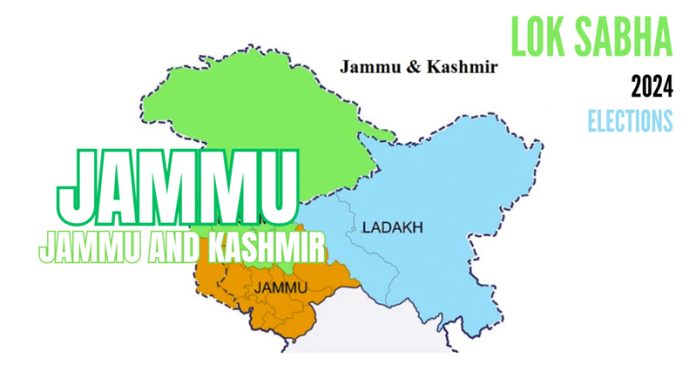The parliamentary elections in Jammu and Kashmir have underscored the critical role of transparency and voter sentiment in the democratic process. The defeat of two former Chief Ministers, Omar Abdullah of the NC and Mehbooba Mufti of the PDP, juxtaposed with the victory of jailed Independent candidate Engineer Abdul Rashid Sheikh, highlights a significant shift in the political landscape of the region. Transparency in elections is a cornerstone of democracy, ensuring that the process is free, fair, and reflective of the electorate’s will. Despite facing significant challenges, the ECI maintained rigorous oversight to prevent malpractice and ensure that every vote counted. The voters’ decisions to oust established political leaders and elect new representatives signify a profound demand for change and accountability. NC has secured the other two Kashmir seats, but Omar Abdullah’s defeat by Engineer Rasheed is particularly striking, reflecting the electorate’s desire for representation that resonates with their experiences and aspirations. Similarly, with the loss of Mehbooba Mufti, the PDP will have no representation in Parliament, underscoring much significance in local politics.
Jammu Division once again placed its trust in the BJP, re-electing its two sitting MPs, while Ladakh chose an independent candidate as their MP. Overall, the high voter turnout is the most positive outcome of the elections, reaffirming the region’s faith in democracy. These outcomes illustrate the power of grassroots mobilisation and the effectiveness of transparent electoral processes in amplifying the voices of the marginalised and disillusioned. Furthermore, the election results have highlighted the electorate’s resilience and political maturity. By participating actively and choosing candidates who they believe will truly represent their interests, voters have demonstrated their commitment to democracy and their ability to effect change through the ballot box. The defeat of two former Chief Ministers and the election of a candidate behind bars reveal a dynamic shift towards accountability and representative governance. These developments are a testament to the strength of democratic institutions and the enduring power of the electorate to shape their political destiny.
Trending Now
E-Paper


